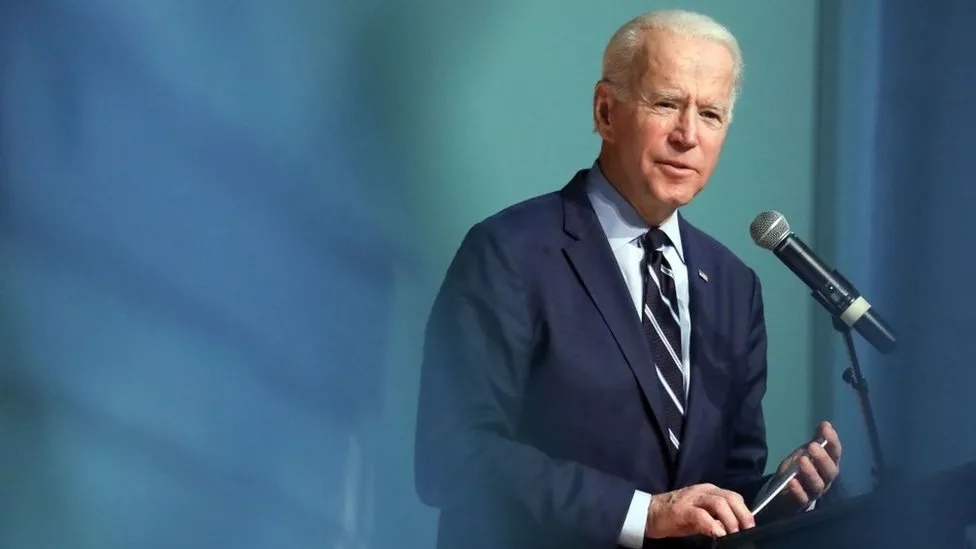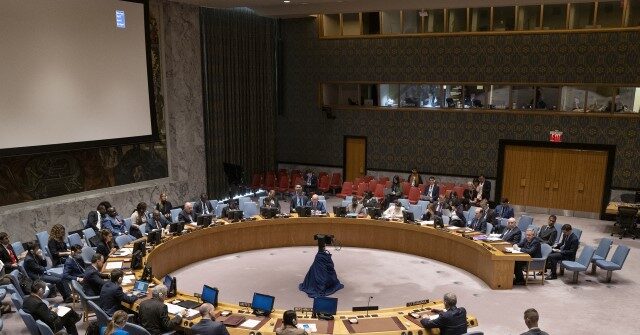THE GUARDIAN
Russia’s shift towards a full-fledged war economy requires the west to extend its sanctions policy, including by sanctioning third-party entities that trade with Moscow, a senior White House official signalled on Tuesday.
Daleep Singh, deputy national security adviser for international economics, said the United States would consider export controls to prevent China-Russia trade that threatens American security and take further action to increase the cost of Russia using a shadow fleet to evade the G7 countries’ oil price cap.
US authorities could also broaden current sanctions language regarding financial facilitation, given Moscow’s moves to shift its economy to a war footing, he said.
Speaking at the Brookings Institution in Washington, Singh said: “If Russia is shifting its entire economy to a war footing, then does it make sense to restrict financial facilitation to a handful of sectors, or to a certain number of products which are [of] US origin when we know transhipment is the main way in which Russia is continuing to receive critical components that give it battlefield advantages in Ukraine? To our mind, that would be a mistake. It is time to adapt.”
His remarks were taken as a sign that the US was moving to back secondary sanctions, a practice whereby the US can target any entity known to be trading with Russia.
Since the Russian invasion nearly two years ago, the US has imposed hundreds of sanctions on companies and individuals, but until now it had stopped short of penalising banks and financial institutions for working with sanctioned entities.
READ THE FULL STORY IN THE GUARDIAN



